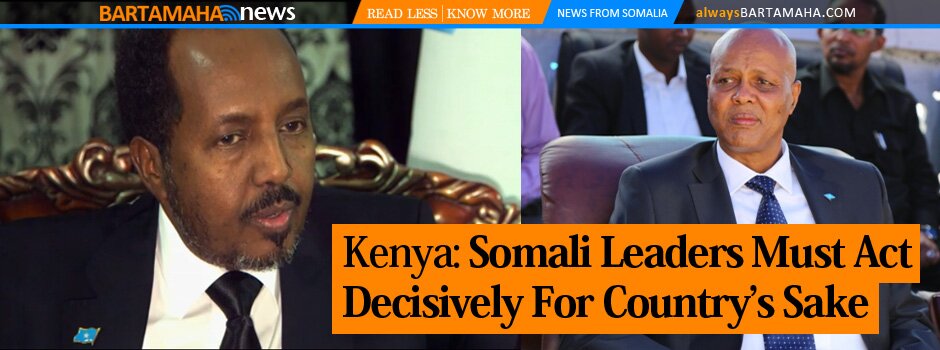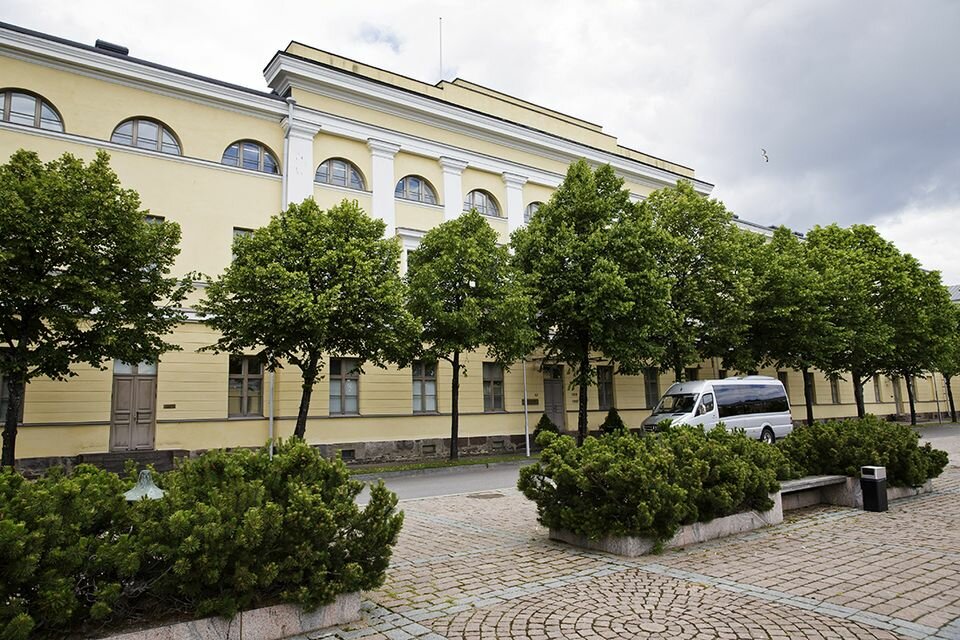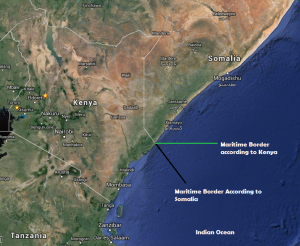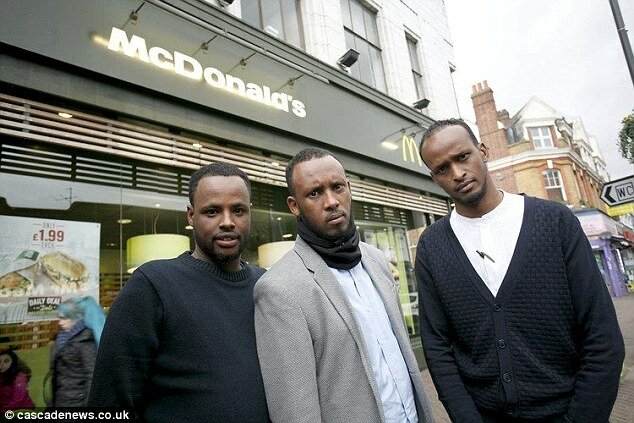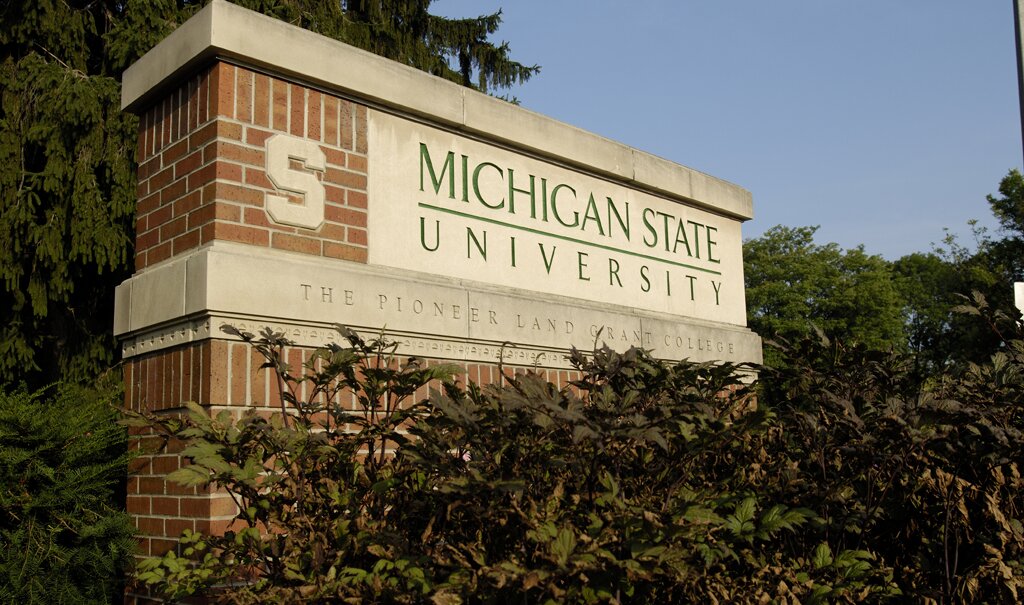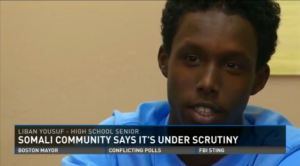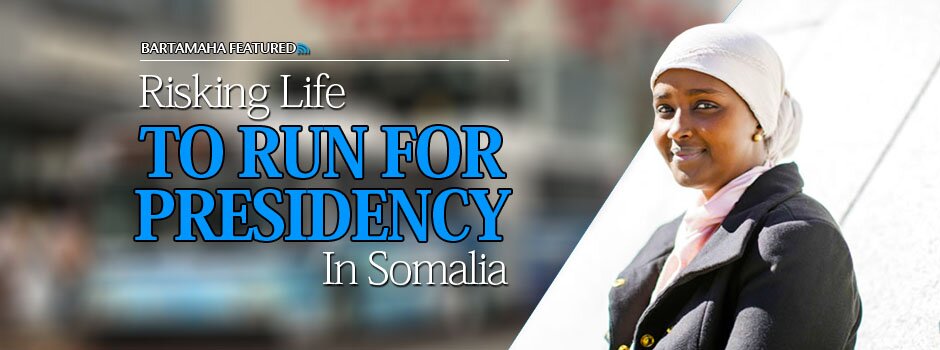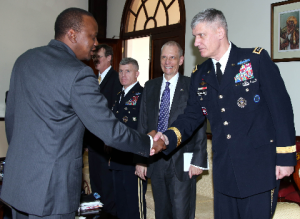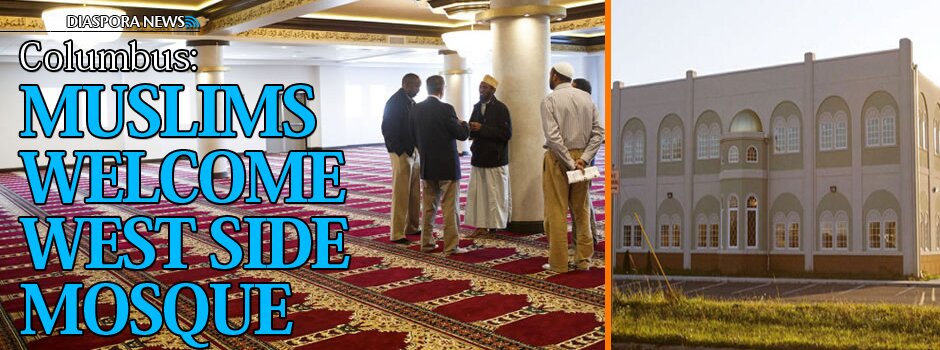Struggle and progess: 10 years of Somalis in Lewiston
 LEWISTON — Virtually all of the Somalis who have come to Lewiston since January 2001 are legal residents of the United States. The vast majority arrived with refugee status, meaning they had lived in refugee camps in Kenya or other countries neighboring Somalia and were not able to return home because of “well-founded fear of persecution based on race, religion, nationality, political opinion, or membership in a particular social group,” criteria for refugee status in the United States, according to a 2010 Senate report. With Somalia still in the throes of a clan- and class-based civil war, that fear of persecution was very much alive in the refugee camps. Among the Somalis who made it to Lewiston, “adults grew up in a place that was destroyed by war,” said Holly Stover, acting director of the Department of Health and Human Service’s Office of Multicultural Affairs.
LEWISTON — Virtually all of the Somalis who have come to Lewiston since January 2001 are legal residents of the United States. The vast majority arrived with refugee status, meaning they had lived in refugee camps in Kenya or other countries neighboring Somalia and were not able to return home because of “well-founded fear of persecution based on race, religion, nationality, political opinion, or membership in a particular social group,” criteria for refugee status in the United States, according to a 2010 Senate report. With Somalia still in the throes of a clan- and class-based civil war, that fear of persecution was very much alive in the refugee camps. Among the Somalis who made it to Lewiston, “adults grew up in a place that was destroyed by war,” said Holly Stover, acting director of the Department of Health and Human Service’s Office of Multicultural Affairs.
“They witnessed a tremendous amount of violence and many of them … witnessed the people they loved murdered in front of them,” Stover said.
The camps were little better, especially in the early years after civil war broke out in 1991. Women were especially unsafe, and were sought by predators, Stover said. Robbery and violence were rampant. Food and water were rationed.
Virtually any inhabitant of the teeming refugee camps would have made a reasonable candidate to receive refugee status in the United States. Those who are considered for the designation, however, must also pass rigorous security and medical screenings.
The Department of Homeland Security administers the security checks. In the past year, the bureaucratic process has been bogged down so greatly by a new, second layer of security clearances that, despite a quota of 80,000 refugees for 2011, only about 65,000 were expected to make it into the country.
Legal refugees already in the states can petition for their relatives to join them here, although family reunification programs have been on hold for the past three years.
Hussein Ahmed, the owner of the Barwaqo Halal Shop, petitioned the United States for the admission of his mother, three brothers and a sister.
They had to pass the same security screenings and medical exams as independent refugee applicants, and had to prove they were related. “It’s exhausting,” Ahmed said. “They do DNA.”
Once they passed the medical tests, they were given three months to make it to the U.S. If they missed that window, they had to go through the battery of tests all over again.
The process was drawn out for nearly six years, Ahmed says. During that time, his mother and siblings were living in a squalid Kenyan refugee camp. “It took a long, long time,” he said. “They were desperate to get out.”
Because Ahmed’s father is no longer married to his mother, he was forced to submit a separate petition for his father and half-siblings, who remain in a refugee camp. He could not petition for six of his older siblings to join him here because they have their own families; government regulations allow refugees to petition only for siblings who are unmarried and younger than 21.
Despite the pace of the refugee vetting system, Ahmed says he understands why it’s so thorough. Ensuring the legality of the immigrants and the safety of the country are justifiably important, he said.
For the most part, people accepted to the U.S. as refugees pay for their own travel up front. In some cases, family members already in the U.S. buy plane tickets for recently accepted relatives. Under another visa status, refugees receive loans from the government to pay for airfare, signing a promissory note and beginning repayment of the debt after six months in the country, said Qamar Bashir, a Somali woman who serves as case manager for Catholic Charities’ Refugee and Immigration Services office in Lewiston.
One-way tickets from Kenya to the United States currently cost about $1,000.
But refugees with no family members in the U.S. have little, if any, control over where they are settled within the country. The State Department contracts 11 agencies to resettle refugees across the nation; each state is obliged to accept some refugees. In Maine, the resettlement agency is Catholic Charities.
Resettlement agencies like Catholic Charities are tasked with finding host communities for immediate arrivals, known within the field as primary refugees, and with providing cultural orientations. Communities are chosen for refugees based on their economies, transportation systems, access to health care and the languages spoken locally. In Maine, Portland is the primary resettlement site.
At most, perhaps 40 primary refugee families — mainly Somalis with relatives living in the area — will be settled in Lewiston each year, said Arian Giantris, director of the Catholic Charities Maine RIS program.
By and large, Lewiston’s refugees are what are known as secondary migrants: Refugees who were placed first in another city elsewhere in America and made their way here on their own.
It’s a key distinction, because primary refugees have access to eight months’ worth of Refugee Cash Assistance, in addition to a one-time payment of $900 upon arrival.
The money isn’t much: Monthly RCA payments amount to $230 for a single person, and $611 for a family of four. But it is essential to nearly every refugee family, because many don’t speak English, aren’t familiar with American work culture and have no resources of their own when they arrive here.
Once in America, refugees can move anywhere in the country, at any time, like any other resident. But RCA payments stop the day a refugee moves from the city their resettlement agency assigned them.
___
Sun Journal
Comments
comments
 Calendar
Calendar









